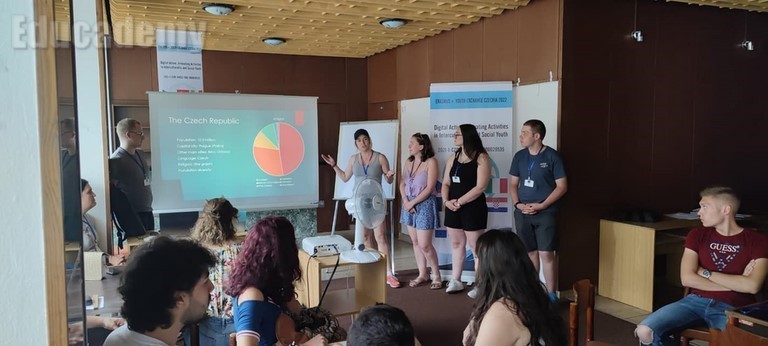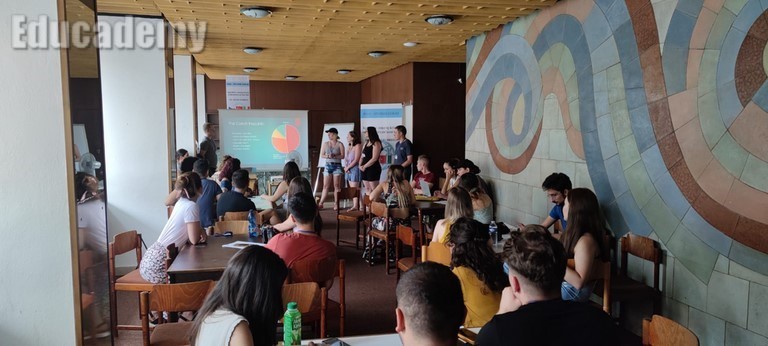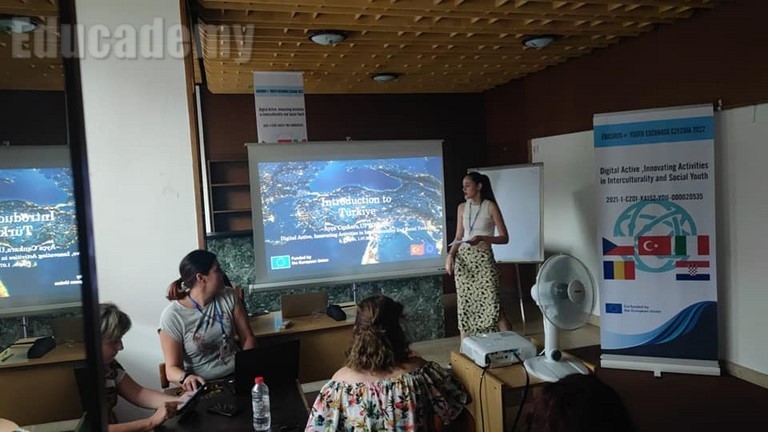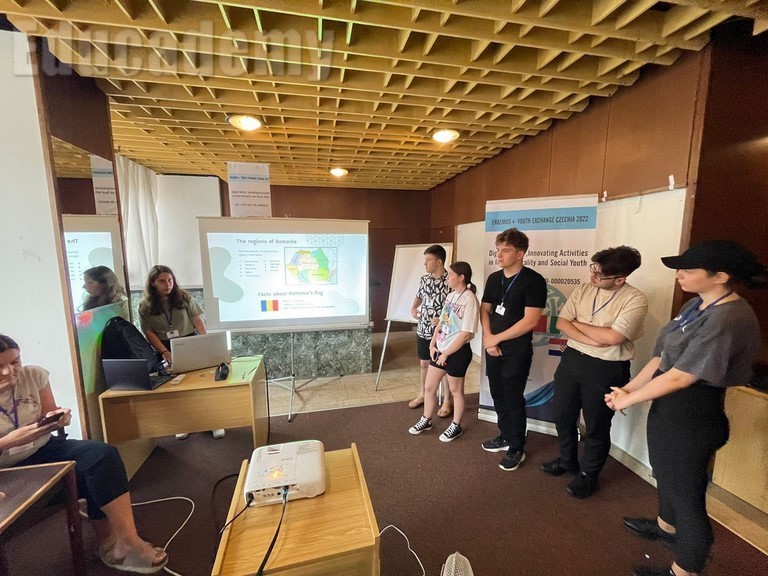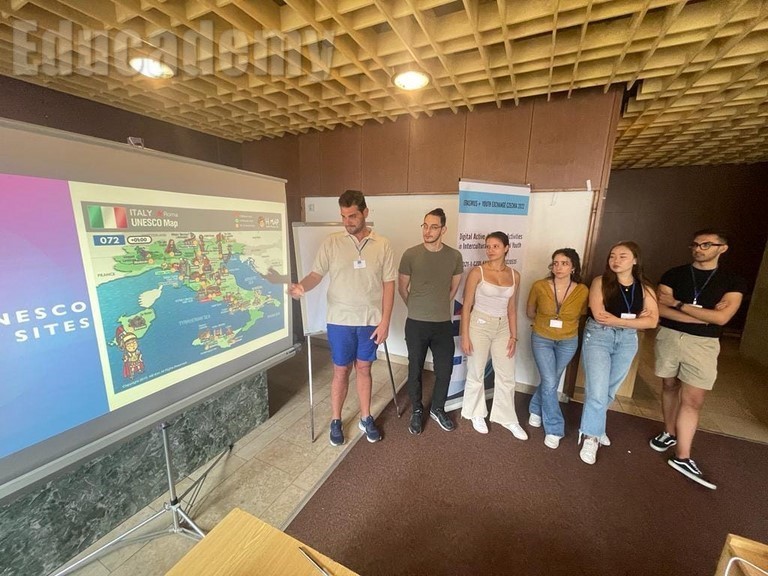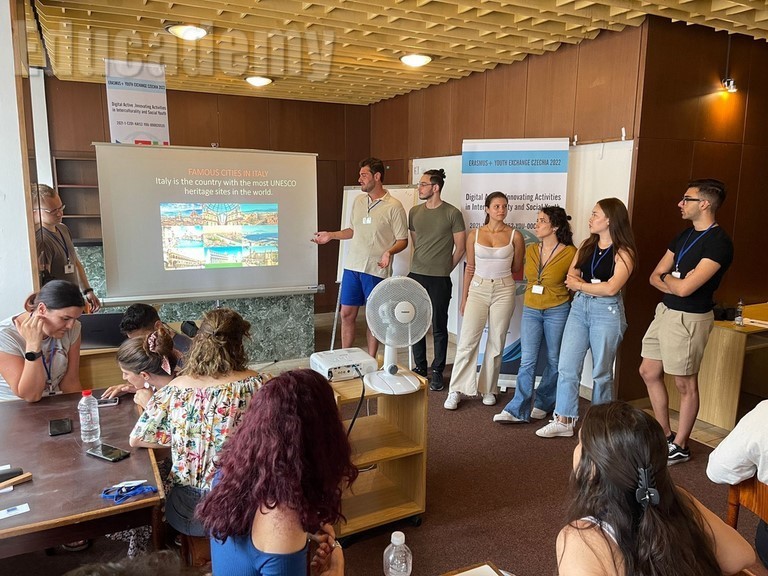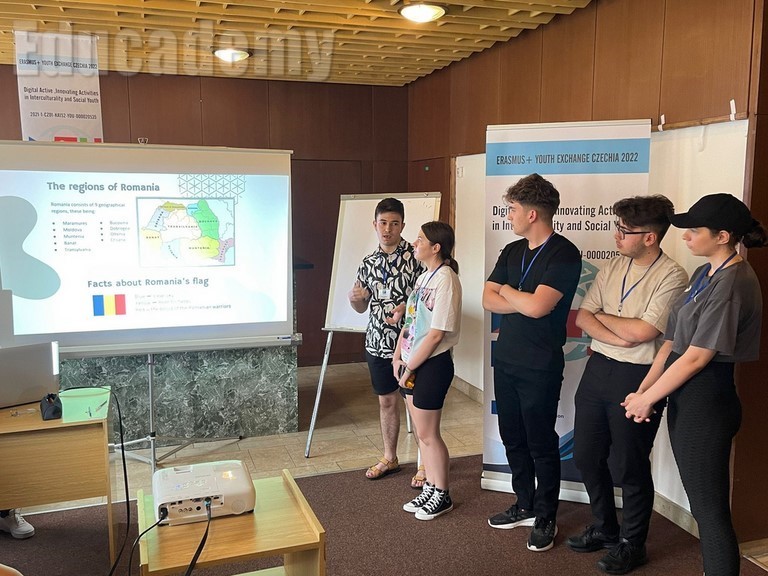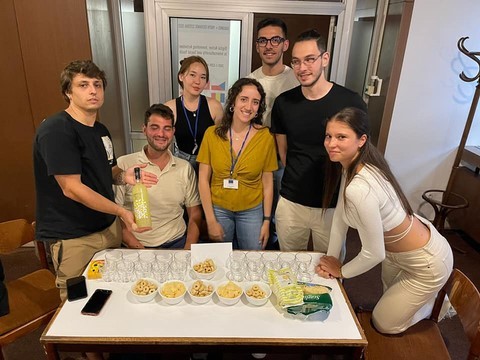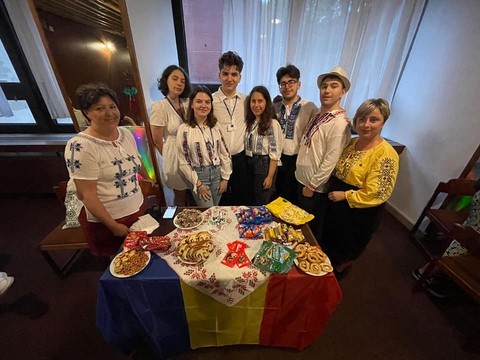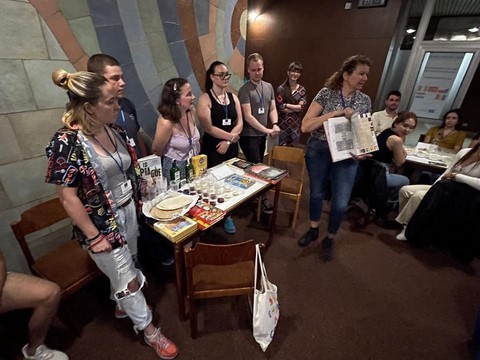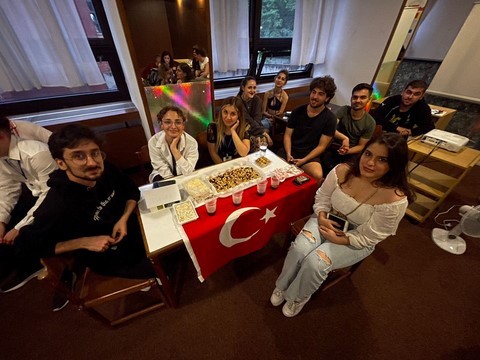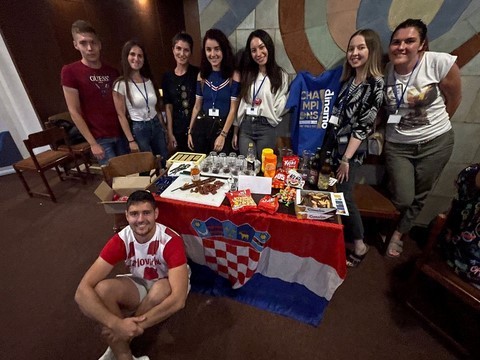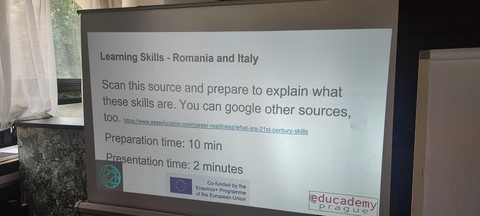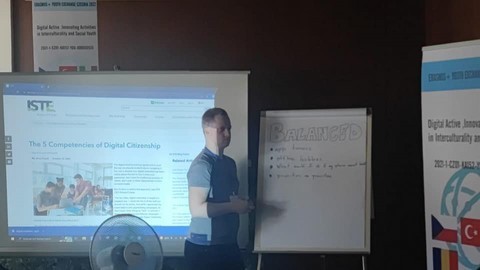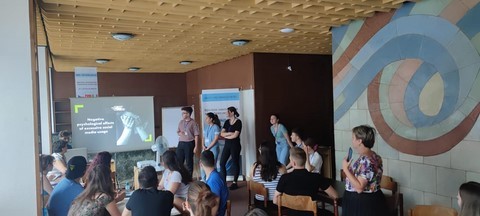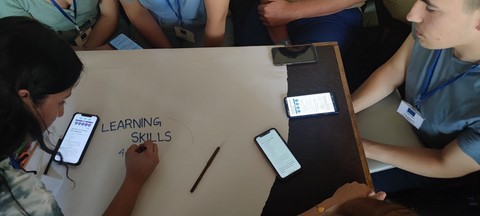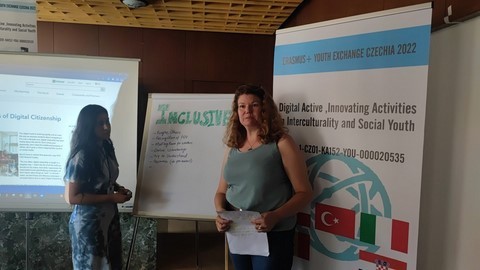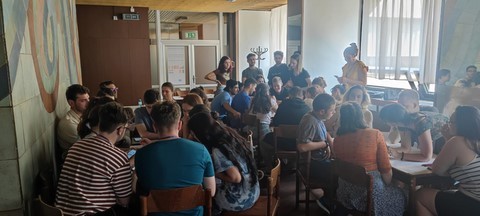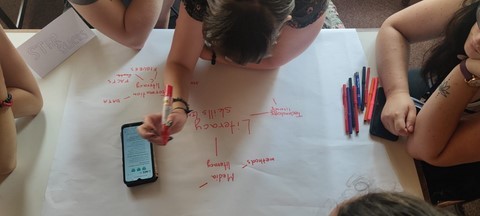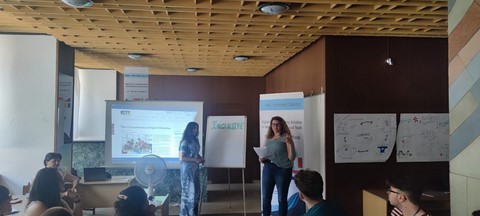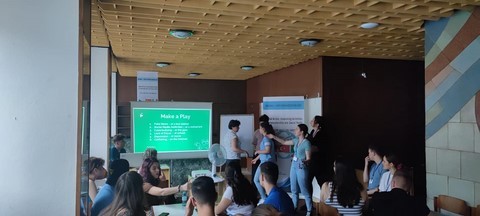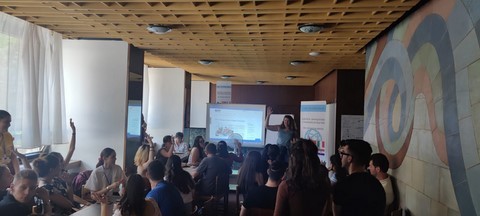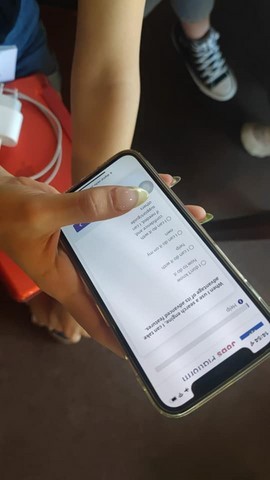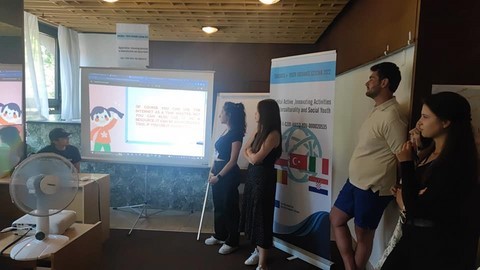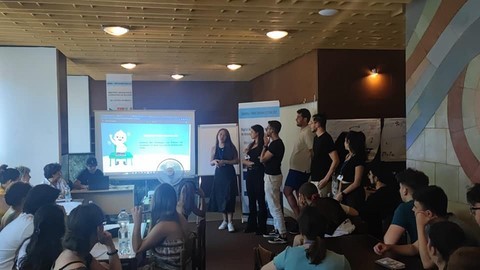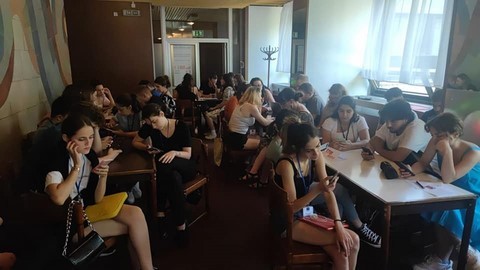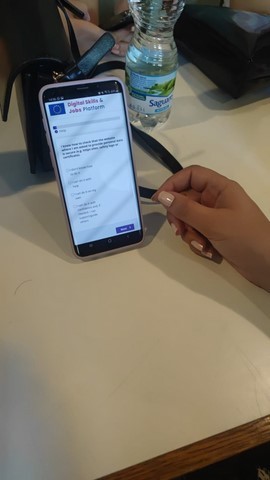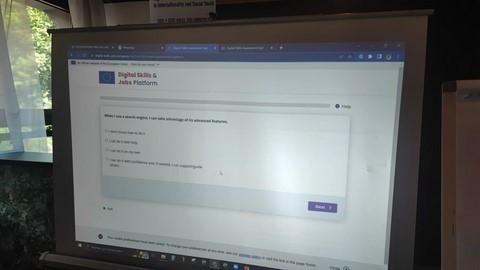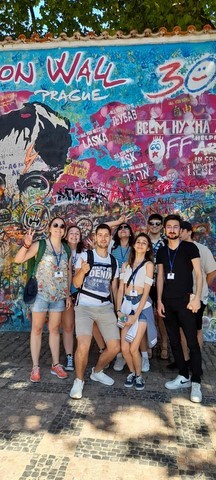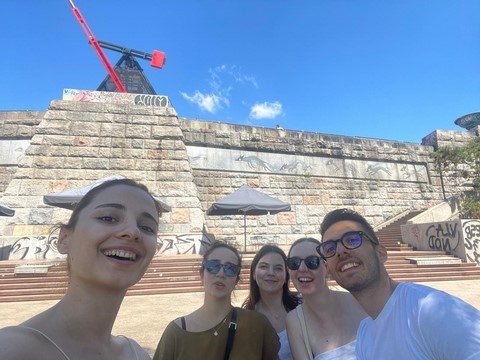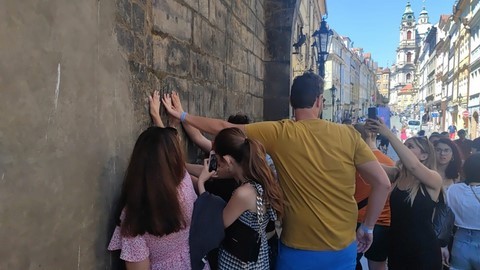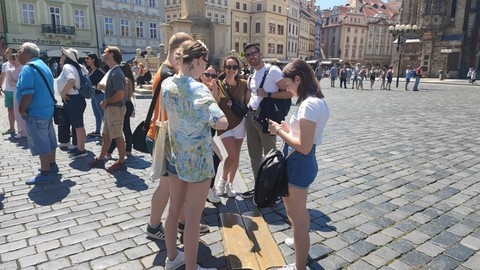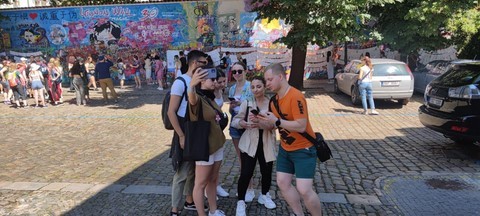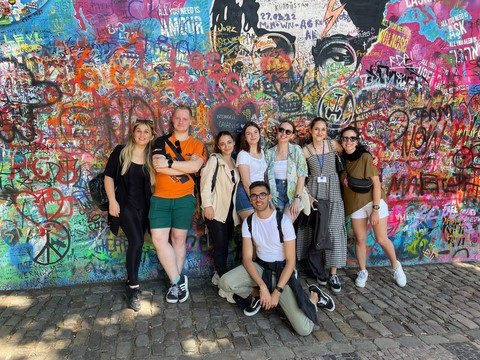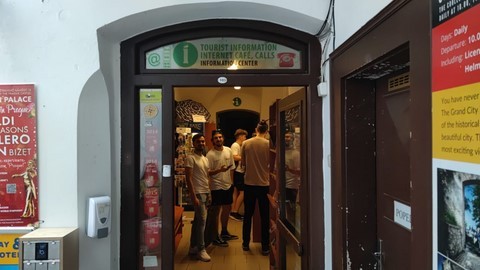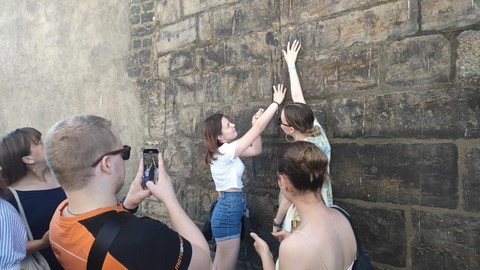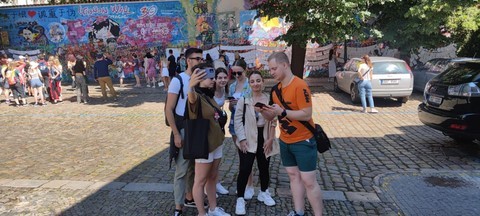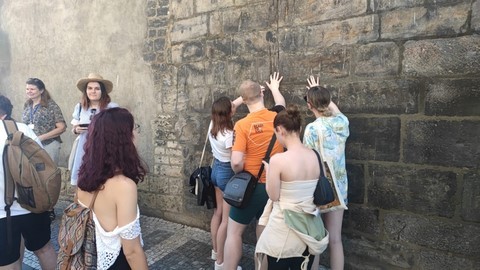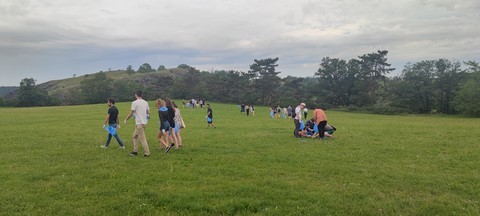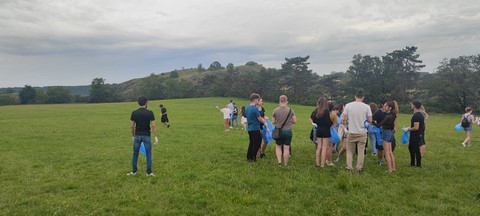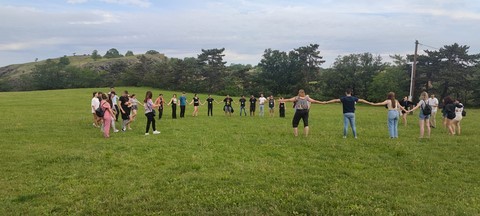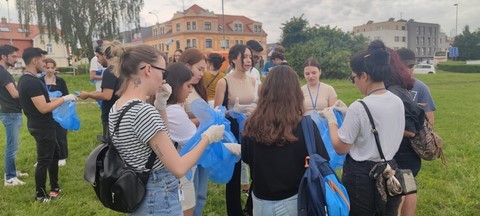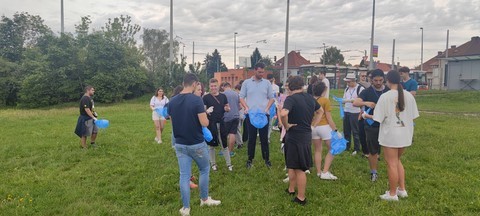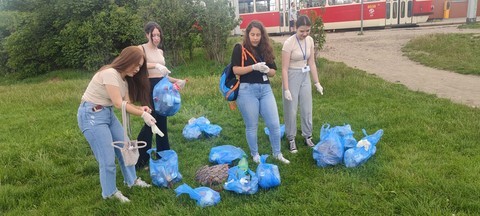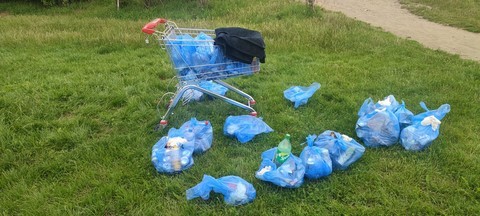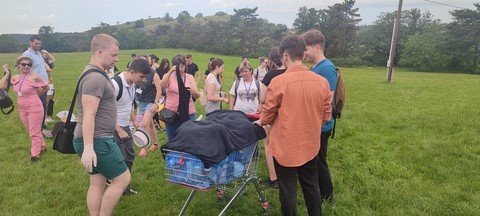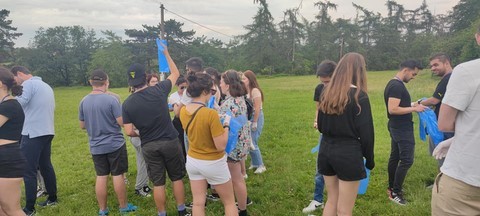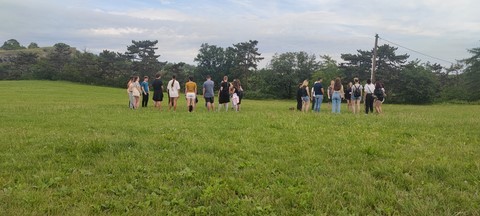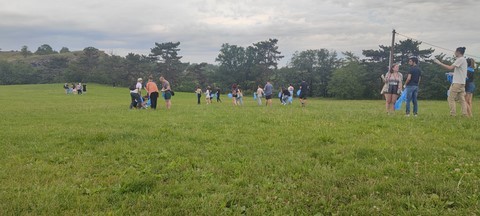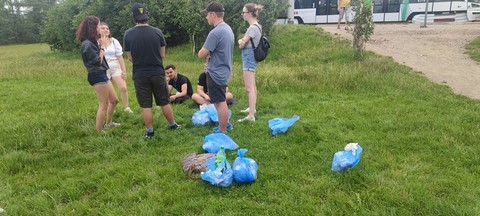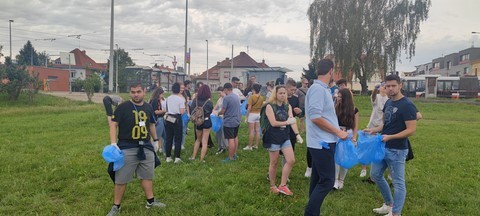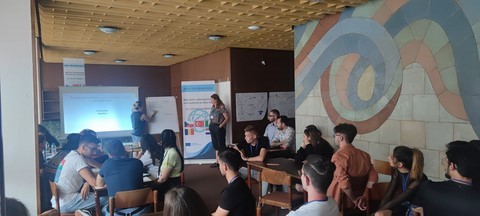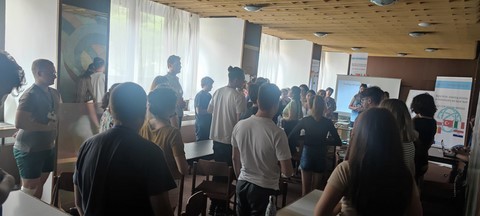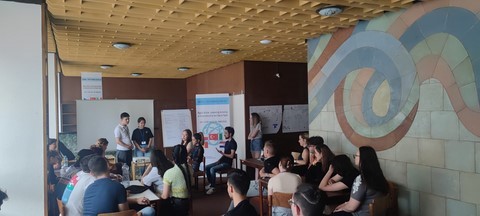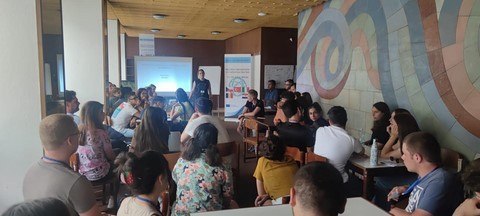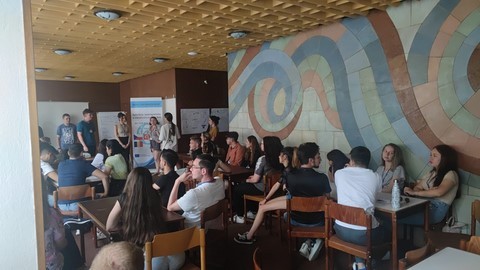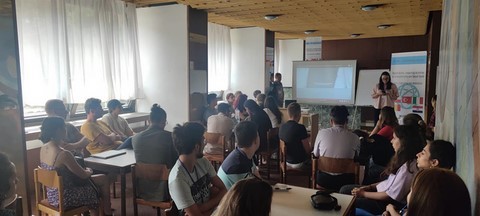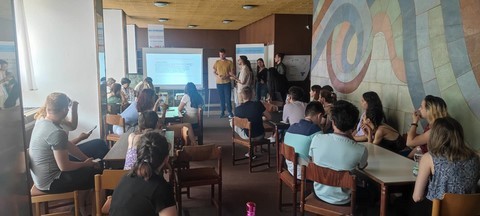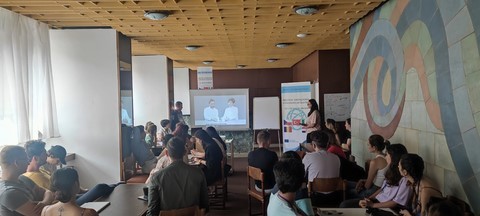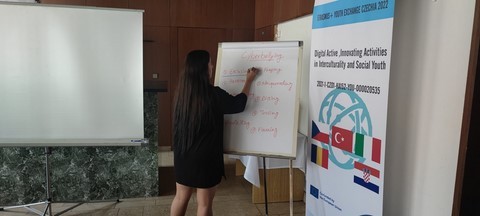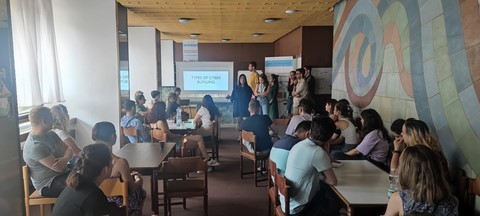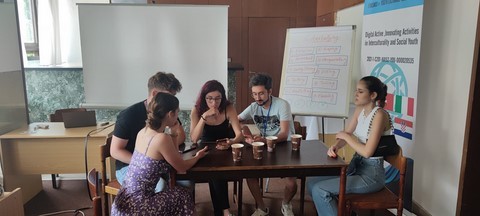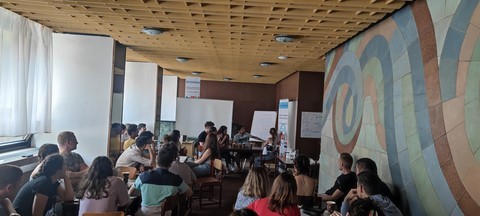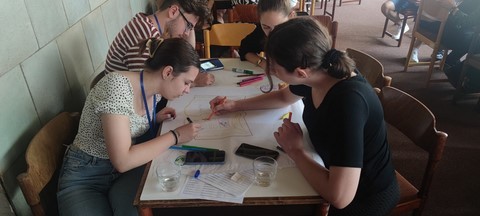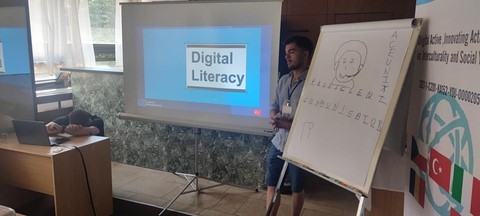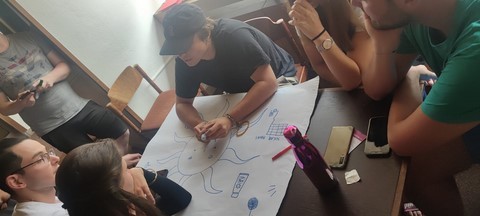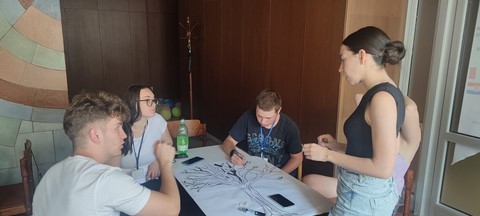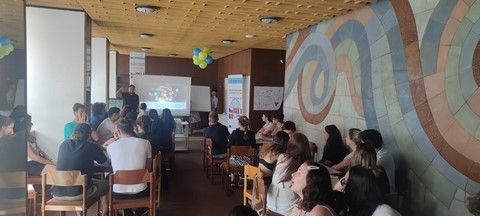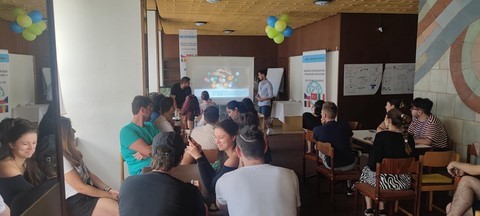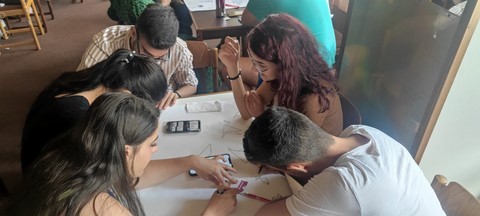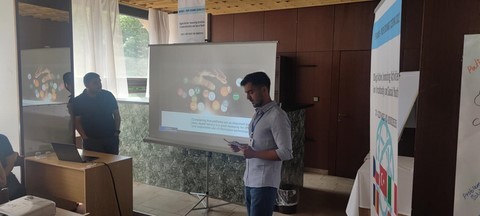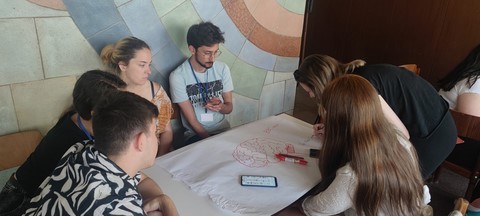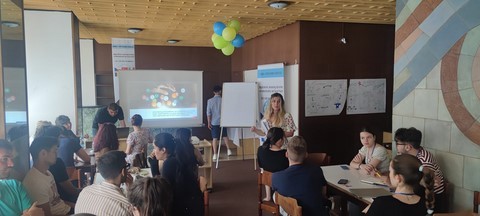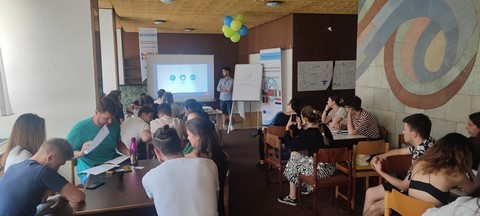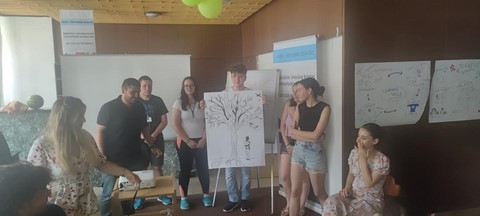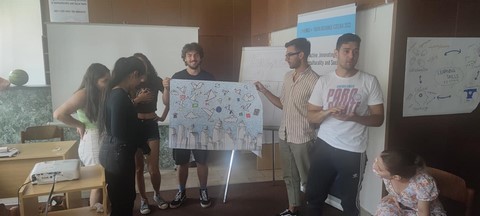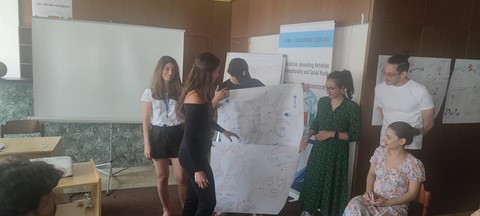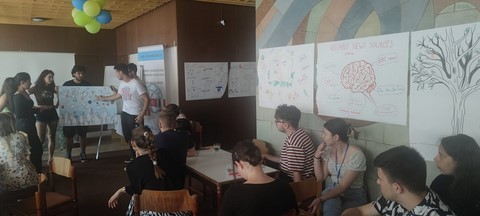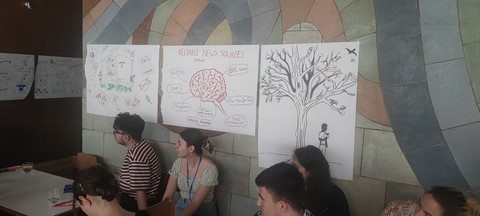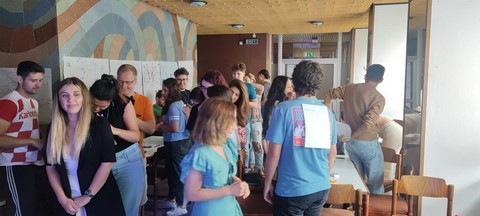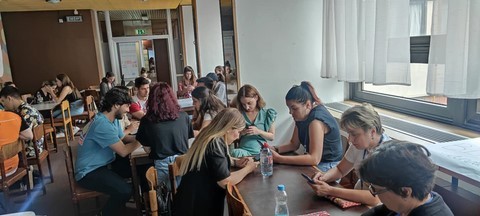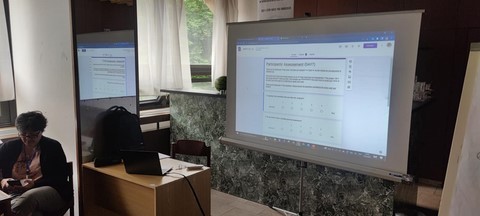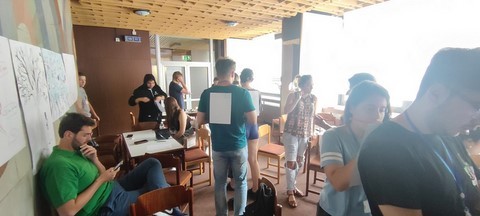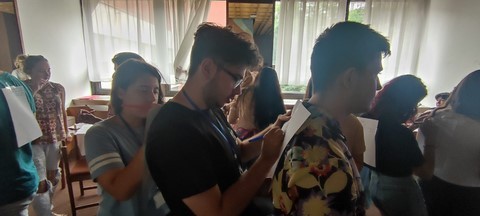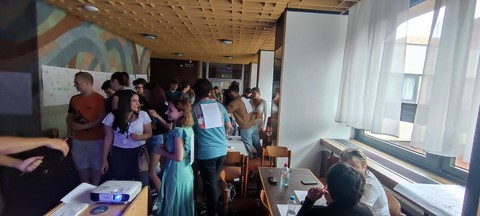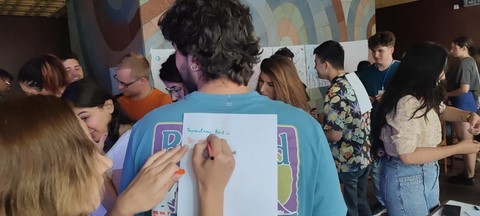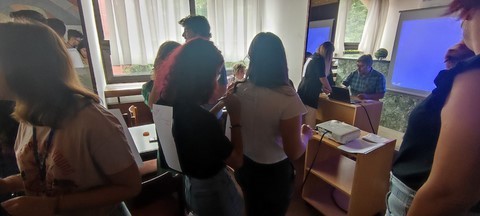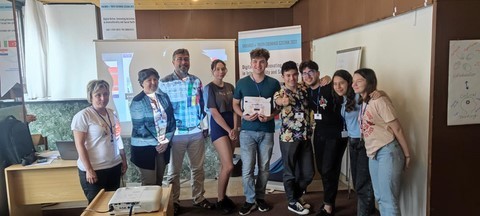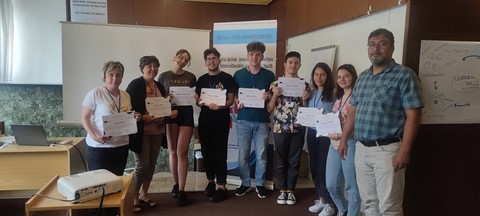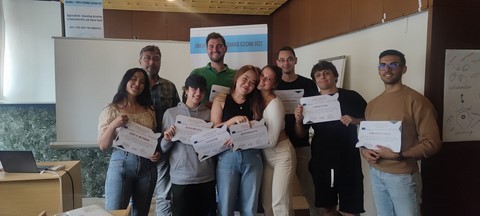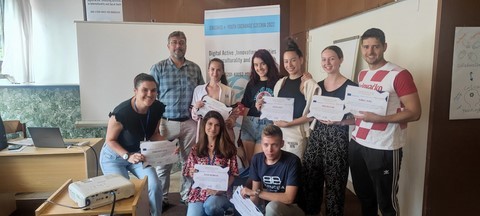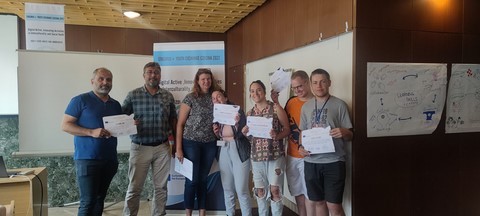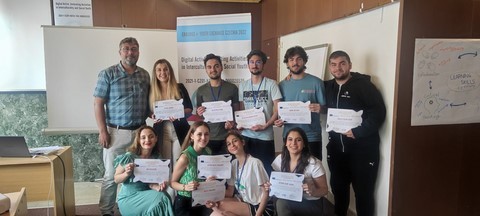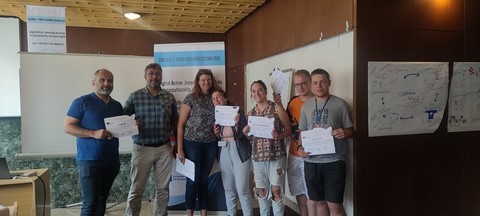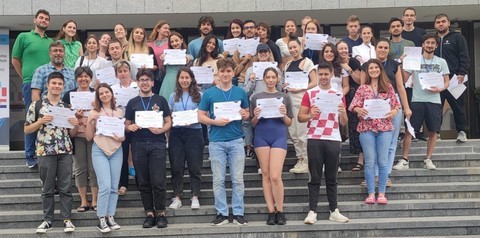Social & Digital Youth2021-1-CZ01-KA152-YOU-000020535

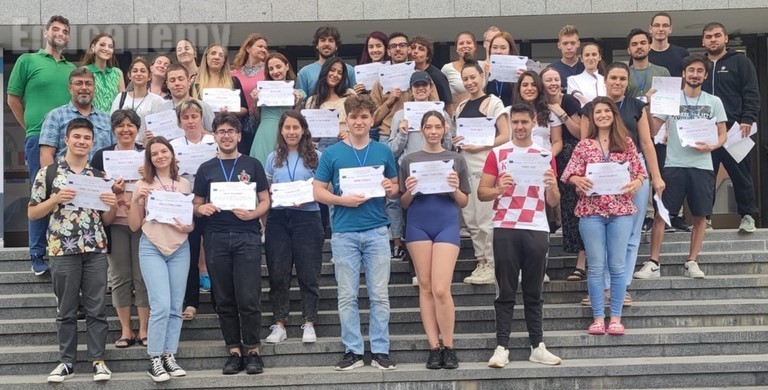
• To learn to use social media in the correct way, properly, efficiently
• To be aware of about excessive and misuse of social media
• To explore alternative and productive ways of spending time instead of social media
• To develop their digital competences
• To learn basic skills to improve digital data and information literacy
• To learn how to use ICT creatively
• To improve their critical thinking and questioning abilities to access reliable
information on the net
• To usage their time on the net efficiently
• To learn ways to struggle with cyberbullying
• To improve their entrepreneurial skills
personal development
• To gain self-confidence/self-esteem
• To be aware the importance of social harmony, equality and innovation
• To acquire the value of the intercultural understanding and the
• meaning of the idea of European citizenship
• To be aware about their inner power and abilities and realize the effect of motivation
on success
• To learn the benefits of group works in comparison to individual works
• To acquire self-satisfaction and competence in their professional studies
• To acquire their creativity and request to join in future projects
• To acquire new perspectives and thinking abilities
• To learn about new methods and materials not only about the main area of the project
but also in other areas.
Participating Organizations
COUNTRY | PARTNER ORGANIZATION | Nº of Young participants | Nº of Group Leader |
|---|---|---|---|
CZECHIA | EDUCADEMY PRAGUE | 6 | 2 |
ITALY | ORIEL ETS | 6 | 2 |
CROATIA | INSTITUT ZA POTICANJE MLADIH | 6 | 2 |
TURKEY | UNITED POWER OF YOUTH | 6 | 2 |
ROMANIA | ASOCIATIA TINERILOR CU INITIATIVA CIVICA | 6 | 2 |
| The Background Of The Participants: Related to that, we asked the partner organizations to identify their possible participants’ needs and past experiences related to this particular project and itcan be summarized briefly on SIX MAIN CRITERIA: •The age range required for our YE is 18 to 27 years andtwogroup leadersnoage limit •Has been involved in non-formal education context in local level as youthleader •Motivation to take part in a mutual learning process in a intercultural setting •Has interest to work onproject`stopic •Willing to share their experience and best practices with theparticipants. •Has a sufficient level of English (B1-C1). •Keep a gender balance among participants. | |||
Gender Balance
In order to achieve gender balance, it will be tried to have 20 male and 20 female participants. If this is not possible, efforts will be made to ensure that the band is at least 60% to 40%. Ensuring these gender distributions will contribute positively tothe objectives and healthy coordination of the project.
MAIN ACTIVITIES/PROGRAMME
Day 0: Travel / Arrival Day - (Arrival of Croatia, Turkey, Romania, Italy)
• Participants arrive to Prague
• Check-in to HOTEL KRYSTAL
• Dinner
Day 1: Introduction - Intercultural awareness (Arrival of Czech Participants)
• (At the Hotel): Welcome the groups
• Ice-breakers and Get to know each other activities
• Familiarize participants with Prague info pack (practical information about the how
to get around the city and the venue)
• Project summary and expected activities
• Present/ collect the documents for reimbursement
• Partners’ presentations of their country/ city/ culture / organization
Lunch
• Visit the Prague Castle
• Evaluation of the day’s activities
• Dinner & INTERCULTURAL EVENING
Day 2: Encouraging collaboration and Improving digital competences
• (at the Hotel): Setting up the work groups
• Examine the work plan
• Set up tasks
• Goal-setting activities
• Presentation and workshop: “Negative psychological effects of excessive social
media usage’ - lead by the Romanian team
• Group discussion: ‘What does being digitally competent mean?’ - lead by the
Czech team
Lunch
• Presentation: ‘DigComp 2.1 for citizens’ - lead by the Czech team
• Presentation: ‘How can we spend our time effectively on the net?’ - lead by the Italian team
• Follow up questions and answers
• Reflection on the day’s activities
Dinner
Day 3: Outdoor education/ Alternative recreational activities
• Cultural visit: discover Prague old town and Square
• Developing Digital Skills: basic research of landmarks in the Old Town and
presenting them to the other participants
• Orientation activities - reading the map
• Walk from the Square to Charles Bridge
• Kampa Park - play traditional folk dance (lead by team leaders)
• Play Hemsball - lead by the Turkish team
Lunch
• Group discussions on alternative recreational activities
• Debate: Actively using the internet to solve problems - lead by the Czech team
Dinner
Day 4: Outdoor activities & Building Self-confidence
• Environmental Cleaning Trekking
• Group game: Kendema - lead by the Romanian team
Lunch
• Building self-confidence - group activities - lead by the Czech team
• Reflection on the day’s activities
Dinner
Day 5: Digital threats & Improving Communication skills
• (at the Hotel): workshop ‘Types of Cyberbullying and how to fight it’ - lead by
the Italian team
• Workshop ‘Digital Detox - Paper Phone’ - planning activities and sharing info -
lead by the Czech teamLunch
Free afternoon
Dinner
Day 6: Digital Literacy
• (at the Hotel): presentation: Digital Literacy - lead by the Turkish team
• Workshop: ‘Reliable sources of information online’ - lead by the Turkish team
• Presentation of short videos on excessive use of social media
• Group discussion: disadvantages of excessive use of social media
Lunch
Free afternoon
Dinner
Day 7: Evaluation and Follow-up ideas
• Dissemination plan - setting up the tasks
• Reflection on self-growth and learning
• Sharing of personal learning achievements
• Evaluation of the training programme
• Awarding of certificates
Lunch
Free afternoon
Dinner - farewell meeting
Day 8: Travel day
